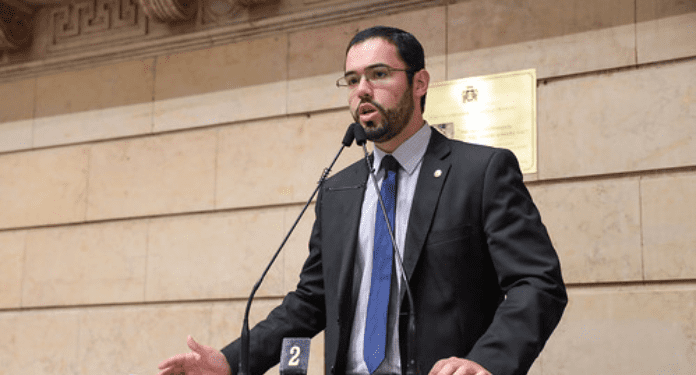For Pedro Duarte (NOVO), Rio de Janeiro must become a more attractive and competitive city for the sports betting industry and Fantasy Sports – like Cartola FC from Globo Esporte. The segment could generate new jobs and attract new investments to the region.
The councilor has already declared his intention to reduce the Tax on Services (ISS) for companies operating in this sector, seeking to prevent a ‘massive flight’ of qualified professionals and large companies to São Paulo – a city that has already approved a project to reduce the rate of the sector to 2%.
In order not to waste time, Duarte must already mobilize his team to listen to the sector and file the Rio project in the first six months of this year. According to Duarte, the growth of the sector’s activities in Brazil and in the world is a great reason for Rio de Janeiro to develop its competitiveness.
The councilor commented on the current 5% tax: “One of the biggest tourist destinations in the world cannot continue to lose jobs to other Brazilian capitals. Reducing the ISS for a sector that has been in growing demand in Brazil and the world, which works directly with technology, innovation and sports, is an important step for Rio de Janeiro to become competitive, attract new investments and, most importantly, generate new employment opportunities.

The city of São Paulo adopted Bill 613/2022 in 2022, which aimed to reduce the ISS for lottery, bingo, sports betting, games and fantasy games. Before that, the matter was taken to the Federal Supreme Court (STF), where in 2020, the judiciary judged “constitutional” the incidence of ISS on the value of bets of any nature.
Most STF ministers agreed with the rapporteur at the time, Minister Gilmar Mendes. They also agreed that the ISS calculation base should be the amount to be remunerated for providing the service, “regardless of the ticket charge, and cannot correspond to the total value of the bet”.
The decision was taken after an action on the tax on the value of bets received by the Jockey Club Brasileiro, located in the South Zone of Rio de Janeiro. This occurred after a decision by the Court of Justice of Rio de Janeiro to classify the activity as “service” and “taxable”. The Jockey Club considered that the measure was confiscatory in nature and alleged that it would violate the Constitution, since the calculation basis adopted was that of Income Tax, which is the competence of the Union and not of the City Hall.




















































